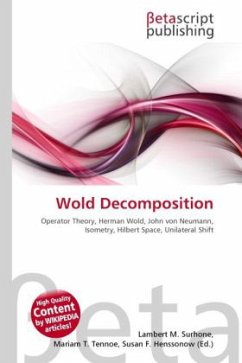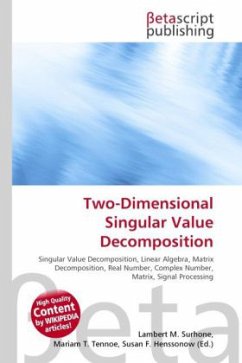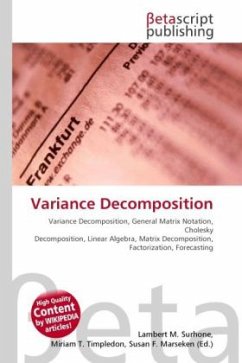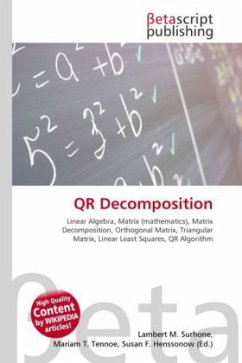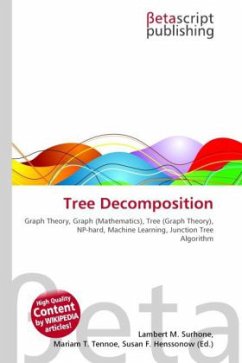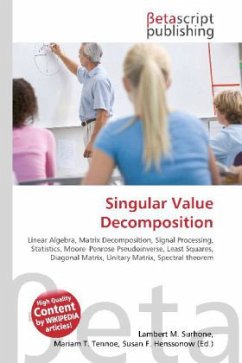High Quality Content by WIKIPEDIA articles! In operator theory, the Wold decomposition, named after Herman Wold, or Wold-von Neumann decomposition, after Wold and John von Neumann, is a classification theorem for isometric linear operators on a given Hilbert space. It states that any isometry is a direct sums of copies of the unilateral shift and a unitary operator. In time series analysis, the theorem implies that any stationary discrete time stochastic process can be decomposed into a pair of uncorrelated processes, one deterministic, and the other being a moving average process. It is immediate from the Wold decomposition that the spectrum of any proper, i.e. non-unitary, isometry is the unit disk in the complex plane. Consider an isometry V L(H). Denote by C (V) the C -algebra generated by V, i.e. C (V) is the norm closure of polynomials in V and V . The Wold decomposition can be applied to characterize C (V).
Bitte wählen Sie Ihr Anliegen aus.
Rechnungen
Retourenschein anfordern
Bestellstatus
Storno

